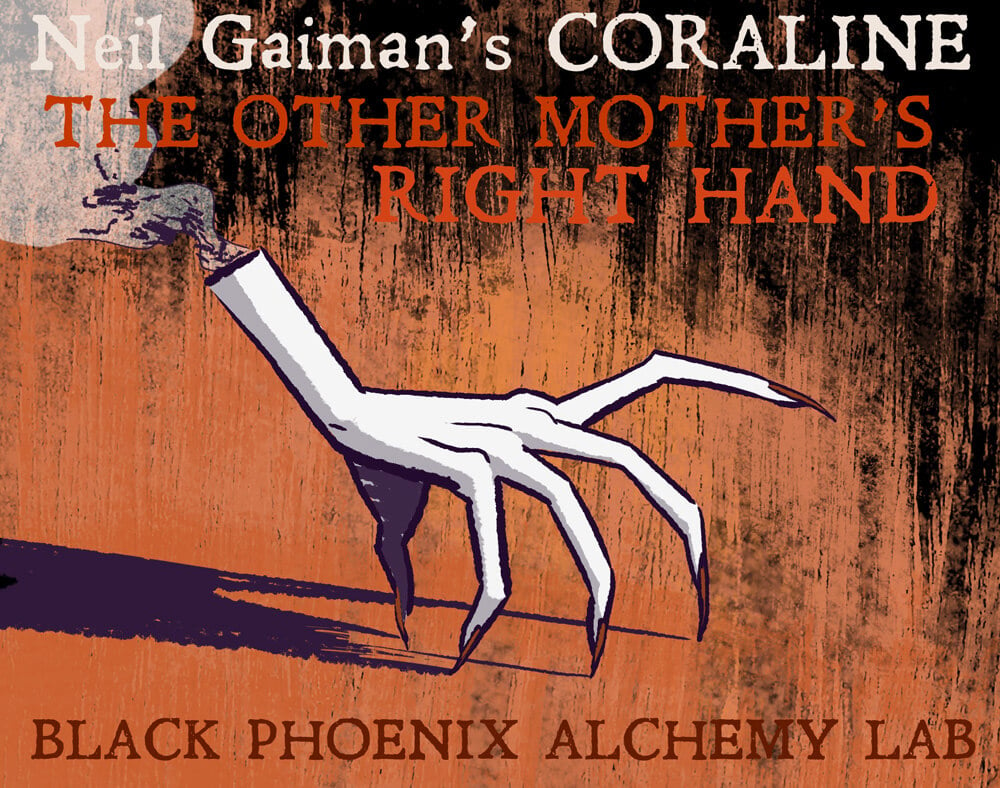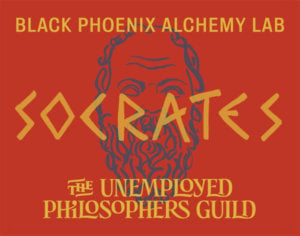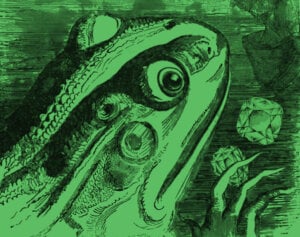SOCRATES of Athens (c. 470 BCE – 399 BCE)
To Socrates, “the unexamined life is not worth living.” He did his examining publicly, by elenchus, which is italics for “the question-and-answer analysis of ideas.” (We still call this “the Socratic Method” and it still bugs people.)
Socrates portrayed himself as a “gadfly” to the torpid “great and noble steed” of the state, and powerful Athenians agreed, though they were not universally grateful.
Socrates also claimed he had a mystical inner voice (his daimonion) and it dissuaded him from such deeds as seeking high office. Ineluctably, this daimonion and his many other peculiarities were weaponized by Athenians of high office.
Despite his patriotic service – as soldier, as divinely-appointed nuisance of Athens – Socrates was tried, convicted of impiety and corruption of the youth, and sentenced to death by drinking Conium maculatum, which is italics for poisonous hemlock.
Socrates remained Socrates to the last.
…I had not the boldness or impudence or inclination to address you as you would have liked me to address you, weeping and wailing and lamenting, and saying and doing many things which you have been accustomed to hear from others, and which, as I say, are unworthy of me. But I thought that I ought not to do anything common or mean in the hour of danger: nor do I now repent of the manner of my defense, and I would rather die having spoken after my manner, than speak in your manner and live.
– Plato-s Apology
Inspired by anointing oils used in the philosopher’s time after partaking in public baths: orris root, ambergris accord, frankincense, olive blossom, black fig, and marjoram.
 The Coraline Collection.
The Coraline Collection.




Reviews
There are no reviews yet.